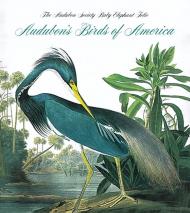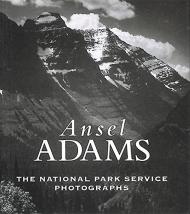A visual history of fashion that fits in the palm of your hand
Drawing from the extensive Textile and Fashion Arts Collection of the Museum of Fine Arts, this miniature history of European and American fashion features some 275 garments, accessories, and related works of art from the seventeenth century to the present. Dress historian Allison Taylor introduces each new era with a concise overview of the period’s fashionable styles and silhouettes, as well as the underlying historical and cultural influences. This chic Tiny Folio™ is the perfect gift for fashionistas and fashion historians alike.
About the Author:
Allison Taylor, Curatorial Research Associate, completed her master’s degree in Dress and Textile Histories from the University of Glasgow in 2018. Most recently, she has contributed text for the forthcoming survey Women Who Revolutionized Fashion: 250 Years of Design (Rizzoli, 2020).



